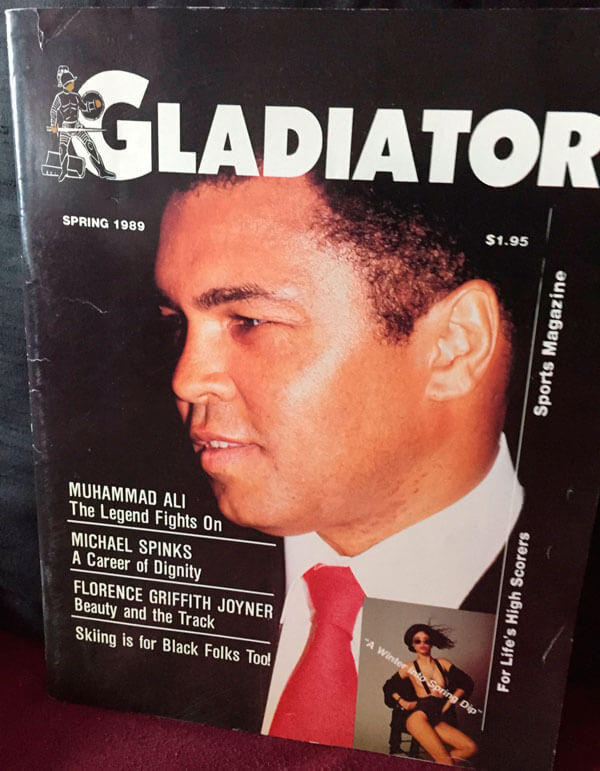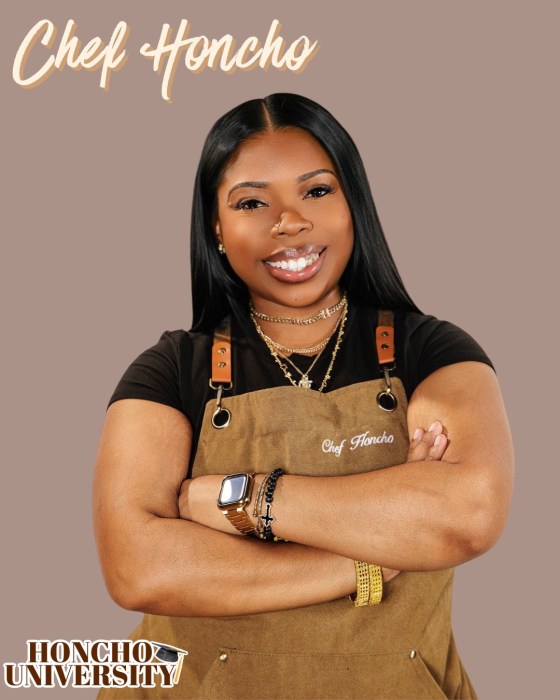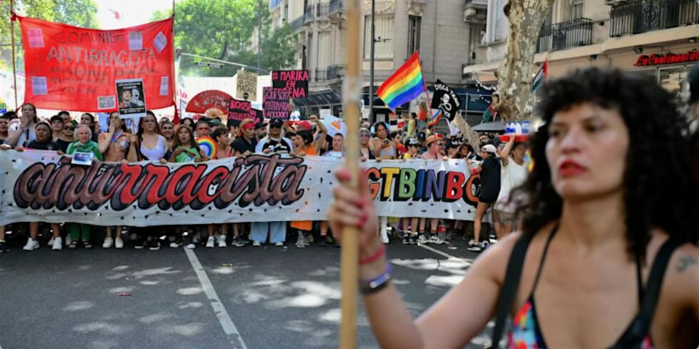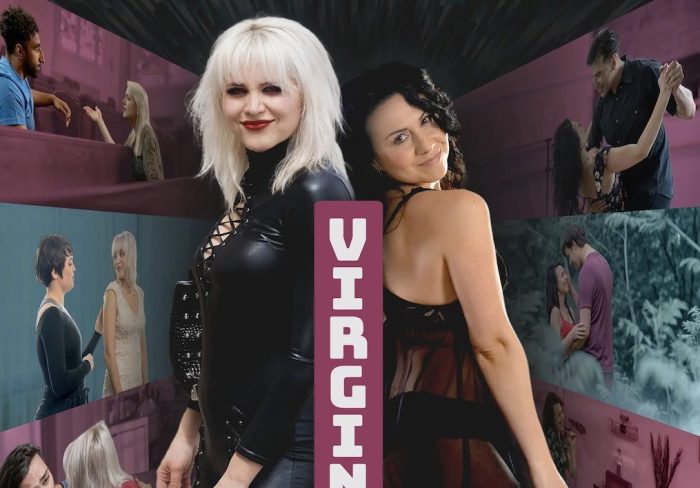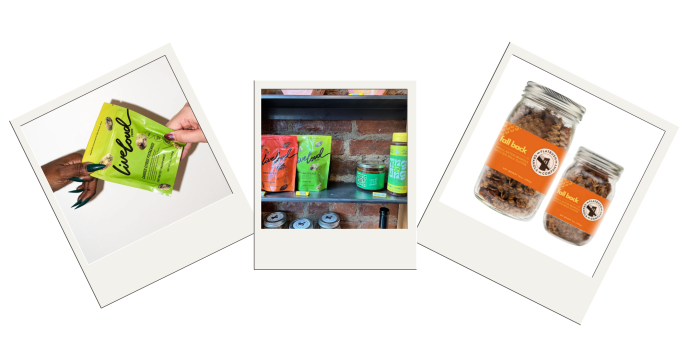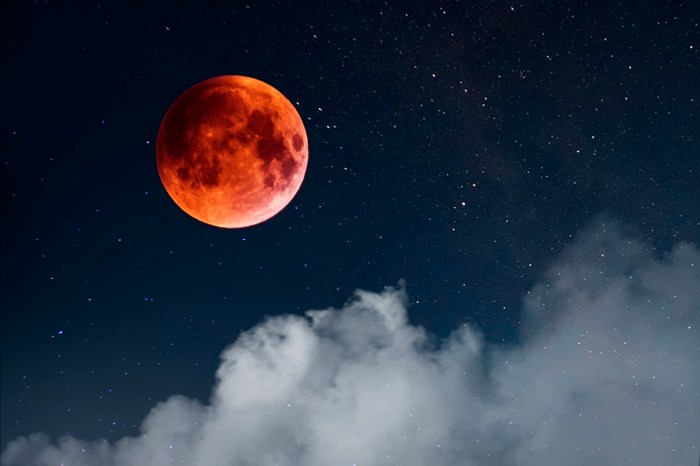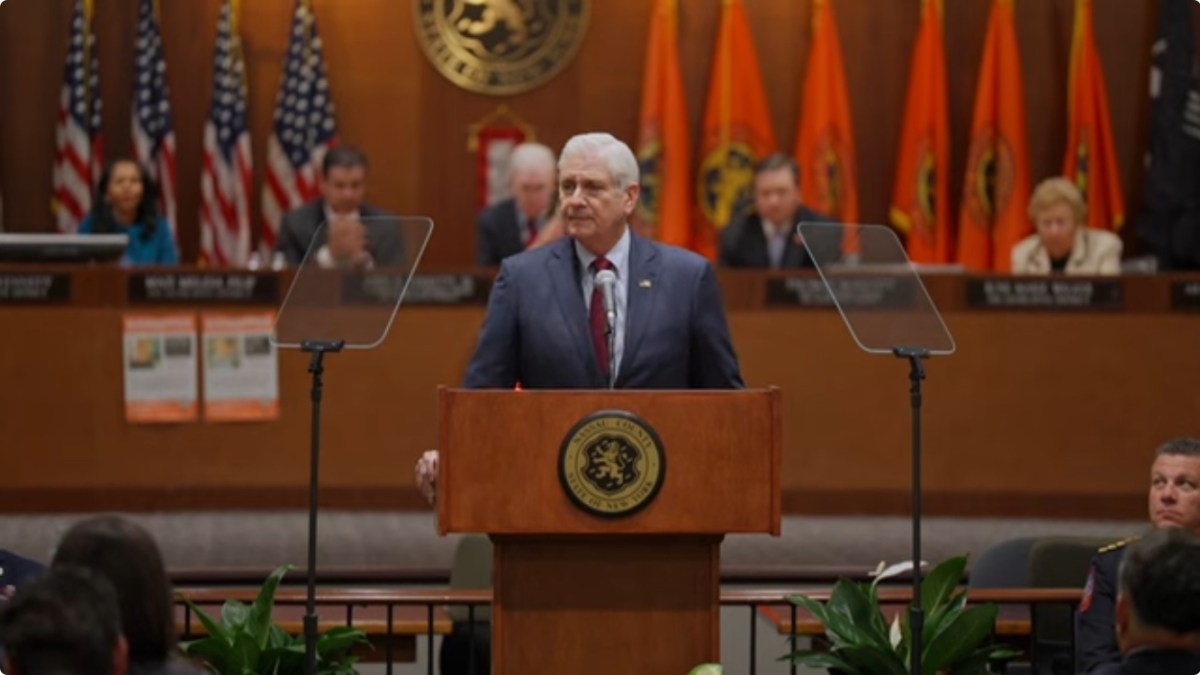The accolades showered on Muhammad Ali is unprecedented for any poet, magician, social commentator, Olympian, athlete, Muslim, pop culture icon, humanitarian, philanthropist and American.
That as an American he publicly defied the government, military order by claiming the status of conscientious objector when he was drafted to fight in the Viet Nam war speaks volumes for the 74–year-old champion who passed away last Friday.
The Louisville, Kentucky born Muhammad accomplished all of the above and controversial as it was in 1967 said he would rather be shot by a firing squad than fight people who never called him a derogatory name.
Convicted of draft evasion, he was stripped of his title, banned from boxing, sentenced to five years in jail and fined $10,000.
The young would-be recruit was adamant and determined in his religious beliefs and though at the time also at the peak of his physical might, and boxing career risked imprisonment by refusing to take the oath of military service. He appealed the decision and won a major victory when the Appeals Court reversed the decision.
But that was not his first big, fight, he had already conquered nations beating a Pole and Russian at the Rome Olympics in 1960. From that global arena in Europe, the athlete known then as Cassius Marcellus Clay emerged the light, heavyweight champion of the world.
And while there is a significant amount of distinguished citizens — Olympian sprinter Jesse Owens, baseball legend Jackie Robinson, boxer Joe Louis, Nobel Peace prize winner Dr. Martin Luther King, Jr., among them — who triumphed with excellence to overcome tremendous obstacles and are indelibly etched in history as heroes, trailblazers and super-achievers — it is an acclaimed boxer who America is now celebrating as The Greatest.
Early in his career he described himself as “the Greatest.” But America did not always view him in that light.
More than a few called him a “traitor,” “loud-mouth” and un-American” for his refusal to fight in what later proved to be an unjustified conflict. Ali was vilified for his objection and sacrificed millions of dollars in endorsements. However, as Elijah Muhammad, his spiritual leader who he often referred to as a messenger of Allah had done during World War II when he refused to fight — but was jailed for five years — Ali maintained his conviction.
That many of his critics later witnessed President George Walker Bush present the once-scorned Black, three-time heavyweight boxing champion with the Medal of Freedom — America’s highest civilian medal; and that Ali was honored with a star on the Hollywood Walk Of Fame; lit the Olympic flame to start the games in 1996 is already written in American history books.
The fact he was honored in 1978 with a Superman vs. Muhammad comic book edition, clowned around with the Beatles, performed on Broadway in “Buck White” in 1969; appeared in “The Greatest,” his own bio-pic and a myriad of other pop culture ventures claims the athlete’s ability to test his mettle.
Confident, eloquent, brash and poetic he often used extemporaneous prose to intimidate his opponents.
“Float like a butterfly sting like a bee” is perhaps his most quoted poetry, however, he recorded “I Am The Greatest” a spoken word album released in 1963 prior to his name-change.
During a lecture at Harvard University in 1975 Ali implored graduates to excellence. According to writer George Plimpton during the message someone in the crowd shouted a request for a poem.
Plimpton recounted in a Muhammad Ali documentary “When We Were Kings” that the champion immediately responded using two words — “Me, We.”
Interpreted to mean “I am the people,” Ali’s words are recorded to be the shortest rhyme and poem in the English language.
Numerous colleagues and friends also attest to his prowess as a magician.
Raven Symone, a now grown-up child actress and panelist on the TV talk show “The View” paid tribute to the champion after his death showing a video clip of her magical encounter with the legend when she was a mere tot. In the clip she thanked Ali for showing her some of his magic tricks and also thanked him for revealing how he was able to maneuver the tasks.
To his legacy, a blogger at Cricket Count
“He talked to the entire team before he took a bat, played some extremely original strokes, and, stretched himself on one of the massage-tables in the dressing-room.”
Four years later he would pay cricket a visit again, this time at Edgbaston. By that time his life would have changed completely.”
Ali was an inspiration to Jamaica’s first music royalty, Prince Buster, a prolific recording artist who ruled the charts. In 1964, Prince Buster met the World Heavyweight Champion boxer “who invited him to attend a Nation of Islam talk at Mosque 29 in Miami.”
That same year the singer changed his name to Yusef Muhammad Ali and joined the Nation of Islam. At the same time, he also started to release material, including a version of Louis X’s “White Man’s Heaven is a Black Man’s Hell,” on his own imprint label called “Islam.”
Yusef Muhammad Ali still maintains the identity and is a resident of Miami, Florida. His son, Sultan Ali an avowed Muslim is also a reggae artist who lives in Los Angeles, California.
Muhammad Ali visited Jamaica twice.
As a guest of Prime Minister Michael Manley on his first visit in 1974, he received the key to the city of Kingston at the National Stadium. Accompanied by Black Muslim Minister Louis Farakhan, his delegation toured the entire island for a reported month. Reportedly while learning about the island’s history, he became curious and intrigued by the legacy of Nanny, Jamaica’s only female national hero.
Ali returned to Jamaica in 1987 when Prime Minister Edward Seaga led the island / nation.
Accompanied by Rev. Al Sharpton, boxing promoter Don King, tennis champion Arthur Ashe, Joe Jackson, father of the Jackson Five, Ali reconnected with old acquaintances there to reflect on his initial trip.
On June 3, 2016 Jamaica’s Minister of Culture Olivia “Babsy” Grange offered condolences to the Ali family saying:
“Muhammad Ali transcended the sport of boxing and sport in general. He made boxing entertaining with his signature swag, which attracted millions of followers worldwide. More importantly, Muhammad Ali was an exceptional human being.”
“Muhammad Ali came into boxing at a time when racial segregation was rampant in America. Yet, he was never daunted by this as a young man. He was confident in his abilities, which was evident both inside and outside the ring. He was bold and courageous, never afraid to challenge the political establishment; a fact which landed him in prison when he refused to go to war in Vietnam. That, for us as people of color, was truly inspiring. Although his views were shared by millions of people around the world, not many were prepared to speak out the way he did.”
She exhorted Jamaicans to celebrate his legacy.
In a tribute to readers of the Trinidad & Tobago Newsday, a reporter said: “Muhammad Ali touched the lives of millions around the world, including Trinidadians fortunate enough to have seen the world’s greatest boxer in friendly action at the Queen’s Park Oval in Port-of-Spain in the 1970s.”
According to the TT tribute, Ali was greeted to the twin islands by Prime Minister Eric Williams. Of his one and only visit there for a boxing exhibition match, 90-year-old Nicholas Simonette who organized the fight reflected:
“It was a very exciting time and it was very full of news. I remember, Dr. Williams met him at Queen’s Hall and after the display Claude Noel gave him a pair of gloves as a souvenir.”
Simonette described Ali to be engaging. He said Ali was accompanied on the visit by two of his brothers.
On April 21, 1979 when A Pan Am jetliner landed at Timehri Airport at Georgetown, Guyana, newspapers reported “Ali Fever” broke out throughout the nation. According to archival reports from the Guyana Chronicle, thousands greeted the American boxer. “
He was greeted with flowered garlands and afterwards “moved to the steel band on the tarmac, where he was handed two rubber-tipped beating sticks, and played a pan as if that was just the thing he had been doing since back in Louisville, USA.”
He joined Chronicle Atlantic Steel Orchestra playing and later laid a wreath at the Liberation Monument.
In Barbados, there is a Cassius Clay performing regularly in night clubs. Born Winston Carlisle Yearwood, he started boxing. According to his web portal “he was really, really good.”
“Boxing was a great sport for me as you did not need expensive equipment and it was disciplined.”
The Bajan Cassius Clay allegedly won 111 fights.
“Eventually he was asked to fight internationally in Canada. It was this success that gave Cassius his nick name, Cassius Clay. While boxing he learnt to use his strength to perform amazing stunts for money. He can balance a bicycle on his chin, swallow fire, and carry a ladder on his teeth. Today Cassius continues to dazzle visitors to Barbados from all over the world.”
As for this Insider, I first saw the iconic Ali personality at City College. It was the late 1960s and his presence seemed the highpoint of all the students. Although I attended Hunter College, the CCNY event attracted CUNY students from every campus.
Later on when I served as editor of Gladiator, a Black Sports Magazine, Muhammad Ali was the designated cover in front and back of the publication published by Flo Anthony.
At the time, my dear friend Flo worked at the New York Post and I at the Daily Challenge. She said the name was inspired by Rev. Jesse Jackson who in a speech about the death of basketball player Len Bias referred to athletes as gladiators.
Ali was our first Gladiator for the spring 1989 edition.
In addition to being all the wonderful things above, Muhammad Ali took particular interest in the Black press. He consistently afforded all access to journalists working in the Black press. As a matter of fact, he was always drawn to the medium and although not widely reported it was Abdul Rachman, a Muslim who sold the Muhammad Speaks newspaper — not Malcolm X — who introduced him to the Nation Of Islam.
Some of the many facts about Muhammad Ali include:
Championship fights overseas in the Philippines — “The Thrilla In Manila” and the “Rumble in the Jungle” in Zaire, Africa.
Ali’s ability to secure the release of 15 captive Americans from Iraq when Saddam Hussein ruled the nation has also been under-reported.
Muhammad Ali’s face was the most recognized image in the world.
He was named Sportsman of the Century by Time Magazine
The British Broadcasting Corporation (BBC) named Muhammad Ali Personality of the century.
The Apollo Theater’s marquee lit in his honor on June 3, 2016.
American flags were lowered to half-mast in his honor on the day he died.
In 1972 when he was asked by British reporter David Frost how he wanted to be remembered, Muhammad Ali responded with a recipe— “I’d like for them to say, He took a few cups of love, He took one tablespoon of patience, one teaspoon of generosity, one pint of kindness, he took one quart of laughter, one pinch of concern and then he mixed willingness with happiness, he added lots of faith and he stirred it up well. Then he spread it over a span of a lifetime and he served it to each and every deserving person he met.”
His daughter Laila Ali said before he died in Arizona, all his organs shut down but his heart kept beating 30 minutes afterwards. The world already knew he had a good and persistent heart.
Catch You On The Inside!


